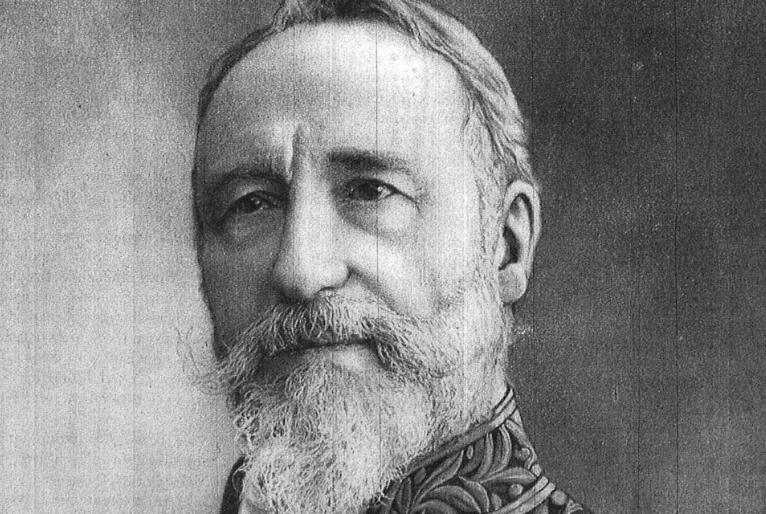Théodore Dubois (1837–1924) was a prominent French composer, organist, and music teacher, celebrated for his contributions to sacred music and the late Romantic style. While Dubois’ work was overshadowed by the likes of contemporaries such as Camille Saint-Saëns and Gabriel Fauré, his compositions exhibit a mastery of form and a distinct melodic flair. In this article, we explore five of Dubois' best works that highlight his compositional prowess.
Théodore Dubois, a luminary of the French musical scene in the 19th century, orchestrated his life with the same finesse and creativity with which he composed his music. Born on August 24, 1837, in Rosnay, France, Dubois exhibited a profound affinity for music from a tender age.
Dubois's journey into the world of music began with humble yet determined steps. Recognizing his prodigious talent, his family arranged for him to receive formal musical education at the Paris Conservatoire. Under the tutelage of prominent composers such as Ambroise Thomas and François Bazin, Dubois honed his skills in composition, counterpoint, and harmony, laying the foundation for his future triumphs.
Theodore Dubois
Promenade Sentimentale
For more:
http://www.melhoresmusicasclassicas.blogspot.com

